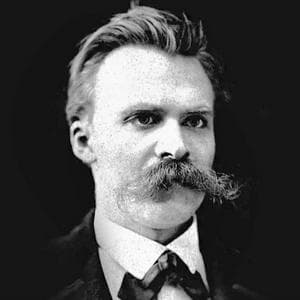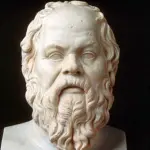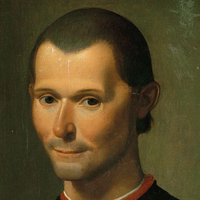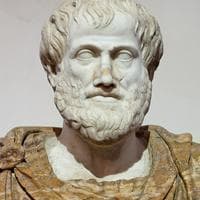Diogenes typ osobowości MBTI
Osobowość
"Jaki typ osobowości jest {profilename}? {profilename} jest typem osobowości {mbti} w mbti, {enneagram} - {iv} - {tritype} w enneagram, {big5} w Big 5, {sociionics} in Socionics."
Christ, his distaste for Plato’s ‘featherless biped’ representation seems like enough of an indicator of Se in and of itself. As the first user who commented on this page stated, “Far too literal to be an intuitive.” I’m unsure whether that user was talking about functions or dichotomies, as they deleted their account, but either way, they’re pretty spot on. Objective characterizations of observable reality, especially *what* he was characterizing (symbolism, in this case), cause me to solidify my conclusion of higher prioritization of Se. I try to be concise and direct, but entertainment of alternate notions is often far too appealing, and in my mind, effective to be ignored, hence why my debate/comment style is often ramble-y, trying to cover as many grounds as possible by considering opposition arguments, rather than focusing *solely* on the grounds of my original point. (A detriment, to be honest. Also, this is an example of exactly what I’m referring to.) As for why I’m voting ISTP instead of ESTP, I feel that his Fe, as pointed out by other commenters, is very much resemblant of Fe in the *inferior* position. His form of protest on its own, disregard for societal formality, seems representational of that. A lot of his quotations seem to characterize underlying themes within his societal commentary. His, “Nay, I defeat men, you defeat slaves.”, and, “In a rich man's house there is no place to spit but his face.”, quotations both point back to a theme of statuses and distaste for structure. Cynic philosophy, as a practice, would seem to encapsulate those themes, recalling his commentary of a child beating him in life’s simplicity. His wishes of a burial were also grounded in this belief. I feel that this would be character of his Ni. I’m aware that philosophical practice requires discipline within practice, but I feel that such dedication to this practice could also represent a more Se/Ni track of mind.
Biografia
Diogenes (/daɪˈɒdʒɪniːz/ dy-OJ-in-eez; Ancient Greek: Διογένης, romanized: Diogénēs [di.oɡénɛːs]), also known as Diogenes the Cynic (Διογένης ὁ Κυνικός, Diogénēs ho Kynikós) or Diogenes of Sinope, was a Greek philosopher and one of the founders of Cynicism. He was born in Sinope, an Ionian colony on the Black Sea coast of Anatolia in 412 or 404 BC and died at Corinth in 323 BC.
Osobowość correlate

Friedrich Nietzsche

Socrates

Arthur Schopenhauer

Karl Marx

Albert Camus

Immanuel Kant

Niccolò Machiavelli

Aristotle

